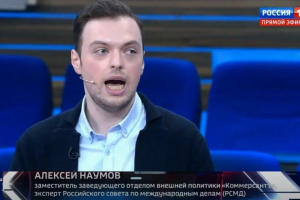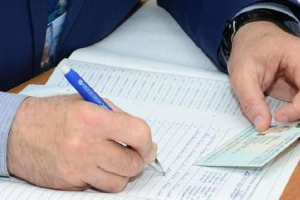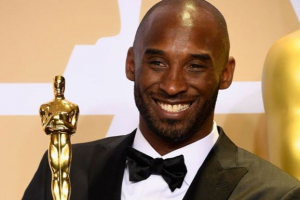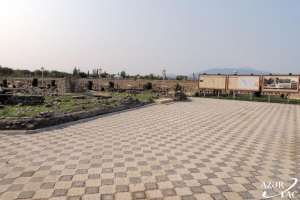


Both politicians have previously proposed separate versions of EU reform, concerning migration policy, security issues, European bureaucracy and common funds.
German Chancellor Angela Merkel stated Tuesday after discussing EU reform with Emmanuel Macron during the Franco-German Council at the castle of Meseberg, that both Paris and Berlin support plans for strengthening the EU's external borders.
"We support the plans of the European Commission and the Austrian presidency of the Council of the European Union to strengthen the protection of external borders, which means no less than a significant strengthening of Frontex in terms of personnel," Merkel told reporters following talks with French President Emmanuel Macron in Berlin.
The previous day, German Interior Minister and head of Bavaria's Christian Social Union (CSU) Horst Seehofer gave Merkel two weeks to negotiate a European solution to the migration crisis in order to save the ruling coalition. The collaboration between the CSU and Merkel's Christian Democratic Union (CDU) has been put in jeopardy, as the partners had failed to agree over stricter border control proposed by Seehofer.
Euro Zone Budget
Merkel and Macron also agreed to create a eurozone budget in order to promote economic cooperation between 19 member states.
"We are working to make sure that the eurozone budget will be used to strengthen investment, also with the aim of strengthening convergence within the eurozone," the German Chancellor stated, adding, that the countries "are opening a new chapter."
Macron claimed that the budget would start in 2021, and would be "real", with annual revenues and spending. The leaders also made an arrangement to reduce the number of the EU commissioners. They are to present a common plan for eurozone reforms at the next European Council on 28 and 29 June.
Inaction on Climate Agenda
"Economic losses from inaction can hardly be calculated but they are huge… We [Germany] must do a lot to fill the existing gaps," the German chancellor said, commenting on her country's inability to fulfill the declared 2020 goals for curbing global warming.
She also claimed that next week, a special commission would start to draw up a plan on abandoning coal as an energy source, which, according to Merkel, is "the most important task" of the current legislative period. The chancellor added, however, that Berlin was concerned over car manufacturing industry, stressing that re-equipment of old vehicles may considerably decrease emissions.
In 2009, the EU Commission adopted the directive in order to promote energy from renewable sources. The members also committed to ensuring that at least 10 percent of their transport fuels come from renewable sources by 2020.














